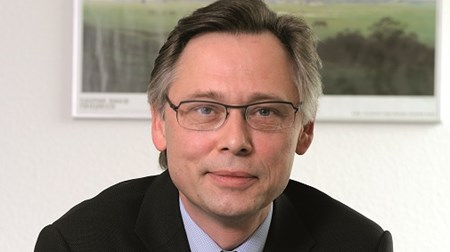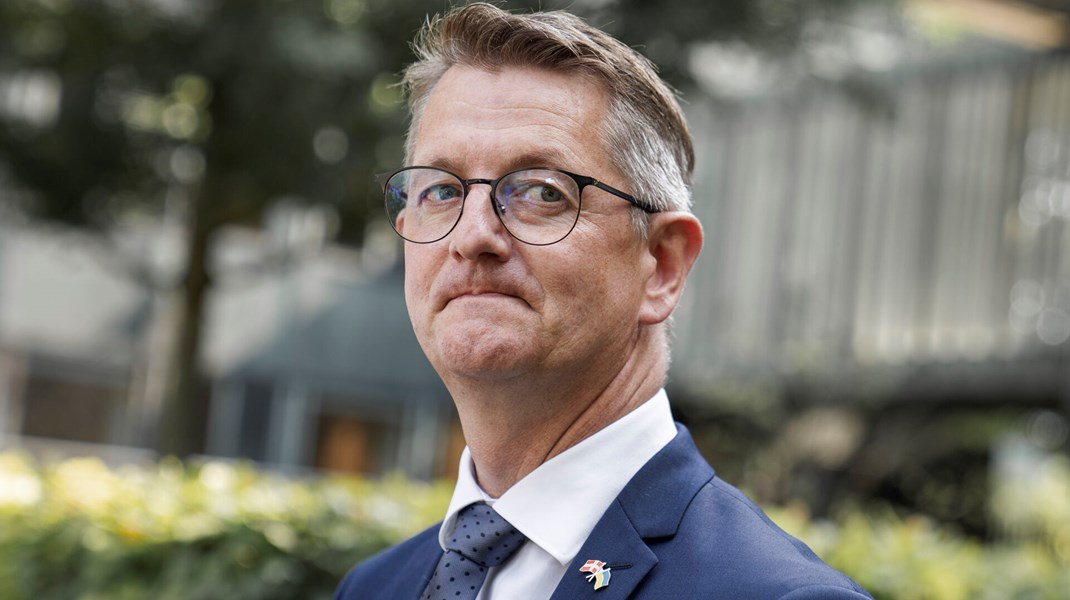Fælles standarder sikrer velfærdsteknologi til alle

DEBAT: Fælles standarder skaber universelle løsninger. På velfærdsteknologiområdet betyder det, at personer med forskellige behov får mulighed for at bruge de samme produkter. Det skriver tre medlemmer af Association for the Advancement of Assistive Technology in Europe (AAATE).
Af Evert-Jan Hoogerwerf, Gert Jan Gelderblom og Andreas Richter
Henholdsvis formand og bestyrelsesmedlemmer i AAATE
As stated in an earlier contribution at Altinget, welfare technology is a term mainly used in Northern European countries.
It refers to the role of ICT (Information and Communication Technology) in increasing people’s wellbeing and participation, and in providing efficient and cost-effective healthcare, social services, education etc.
From the tradition of developing technology and services related to assistive technology and accessibility, there are a few important things that should not be missed out on when introducing new perspectives, involving new areas and the use of new terminology.
In an earlier recommendation we have elaborated on ethics and on the need to protect the individual’s integrity when introducing and using new technologies.
Standards facilitate universal design
A second recommendation is that promoting standards is key, as an important way to promote efficient use of public funding. Standards are needed to promote and secure interoperability and to facilitate universal design, thereby including persons with varying abilities in the potential user group for services and products.
Universal design means designing for anyone and everyone so that persons with different abilities and of different ages can use the systems or products, even with the aid of assistive technology.
Standards also drive the development of larger markets for accessible products, assistive technology and solutions. One standard that is of great importance and should be used in all procurement and deployment of welfare technology is the EN 3015499 Accessibility Requirements for public Procurement of ICT products and services in Europe.
In charge of own situation
By using the requirements in all public procurement of ICT, persons with disabilities have better opportunities to be in charge of their own situation. If used not only as requirements for ICT used as assistive technology or ICT in public places, websites etc. but also for technology used in internal systems in the public sector, the threshold for employing persons with disabilities is lowered.
For developing new standards, there are guidelines for addressing the needs of persons with disabilities and elderly, the most important one being ISO/IEC Guide 71 - Guidelines for standard developers to address the needs of older persons and persons with disabilities. Promoting that older persons and persons with disabilities engage in standard development is another way to ensure that their needs are addressed.
Proficient professionals
A third recommendation is that technology needs proficient professionals and systems to deliver and sustain the service provided by the technology. There is a huge potential in using technology to create new or to improve existing welfare services. The digital skills among professionals need to be promoted and maintained, and products and systems need to be developed with professional users and end users, to ensure their usability and accessibility.

 Hele verden har brug for dansk velfærdsteknologi
Hele verden har brug for dansk velfærdsteknologi
 Velfærdsteknologi udvikles ikke ved skrivebordet
Velfærdsteknologi udvikles ikke ved skrivebordet
